Benin, a beautiful country in West Africa, offers a blend of historical intrigue, breathtaking landscapes, and rich cultural experiences. With a history dating back centuries, Benin provides a unique window into West Africa’s cultural heritage. From its diverse geography to its fascinating traditions and warm hospitality, this West African gem is a must-visit for travelers seeking an immersive and authentic experience.

1. A Land of Rich History and Cultural Significance:
Benin’s history is steeped in legend and tradition, with ancient empires and kingdoms leaving an indelible mark on the country’s cultural fabric. From the mighty Kingdom of Dahomey to the renowned art of the Fon people, Benin’s historical significance is awe-inspiring.
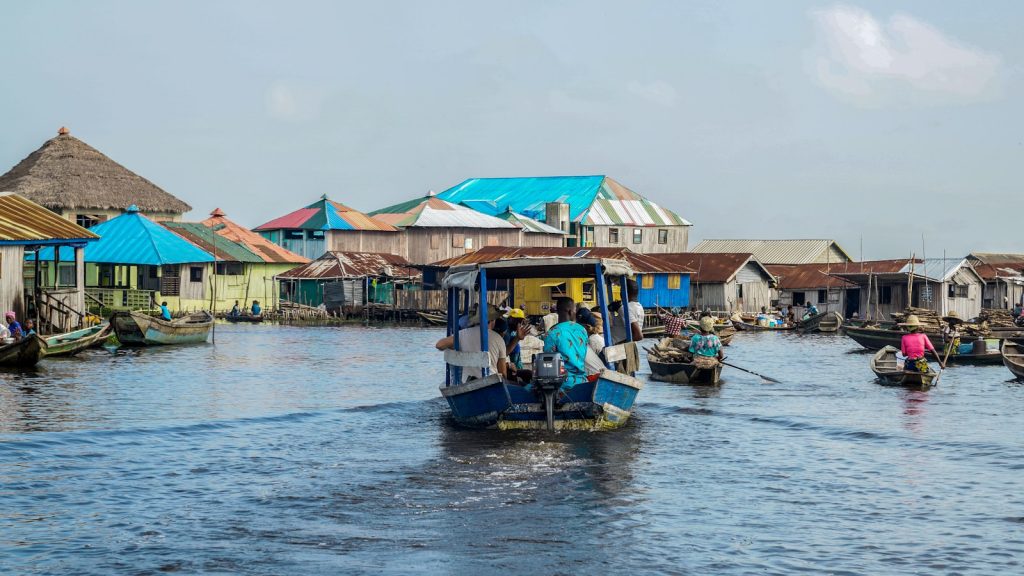
2. Geographic Diversity: From Coastal Marvels to Inland Wonders:
Benin’s geographical diversity offers a range of experiences for nature enthusiasts and adventurers alike. The country boasts a stunning coastline, with pristine beaches and idyllic fishing villages. Inland, lush forests, sprawling savannas, and the mighty Pendjari National Park provide a haven for wildlife and nature lovers.
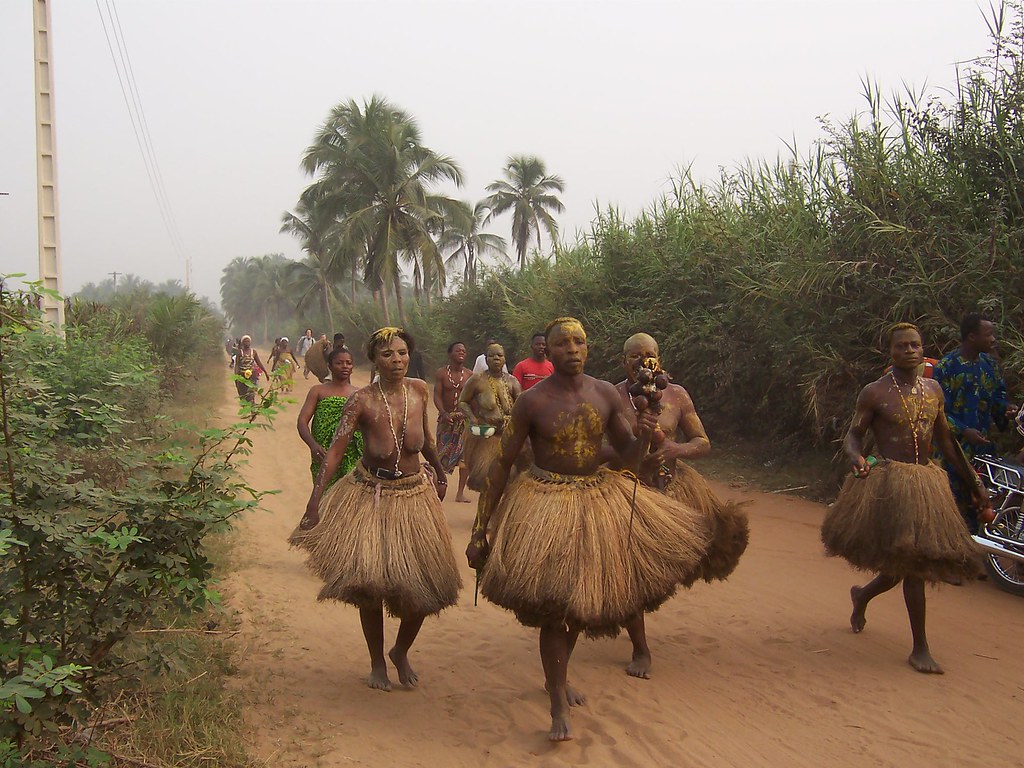
3. The Kingdom of Dahomey: A Historical Powerhouse:
Delve into the intriguing past of the Kingdom of Dahomey, one of Africa’s most powerful states. Explore the remnants of the royal palaces in Abomey, a UNESCO World Heritage site, and gain insight into the kingdom’s rich history, art, and military prowess.
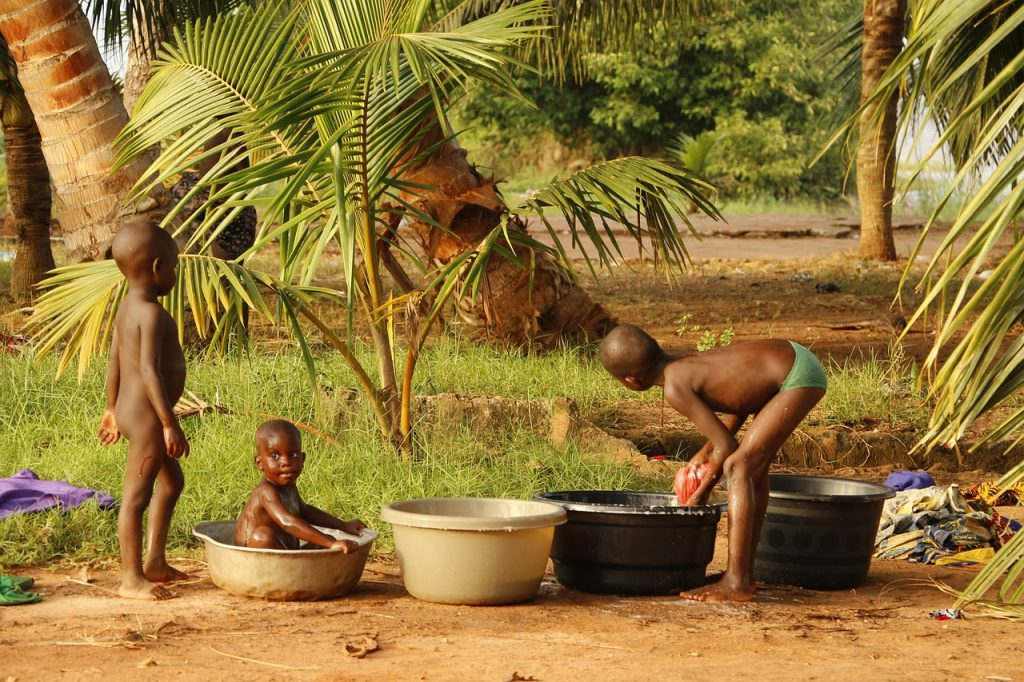
4. Vibrant Festivals and Traditional Celebrations:
Immerse yourself in Benin’s vibrant cultural tapestry through festivals and traditional celebrations. Witness the exhilarating Zangbeto dance during the Guèlèdè Festival, or be captivated by the awe-inspiring spectacle of the Gelede Mask Festival, which showcases the country’s spiritual traditions.
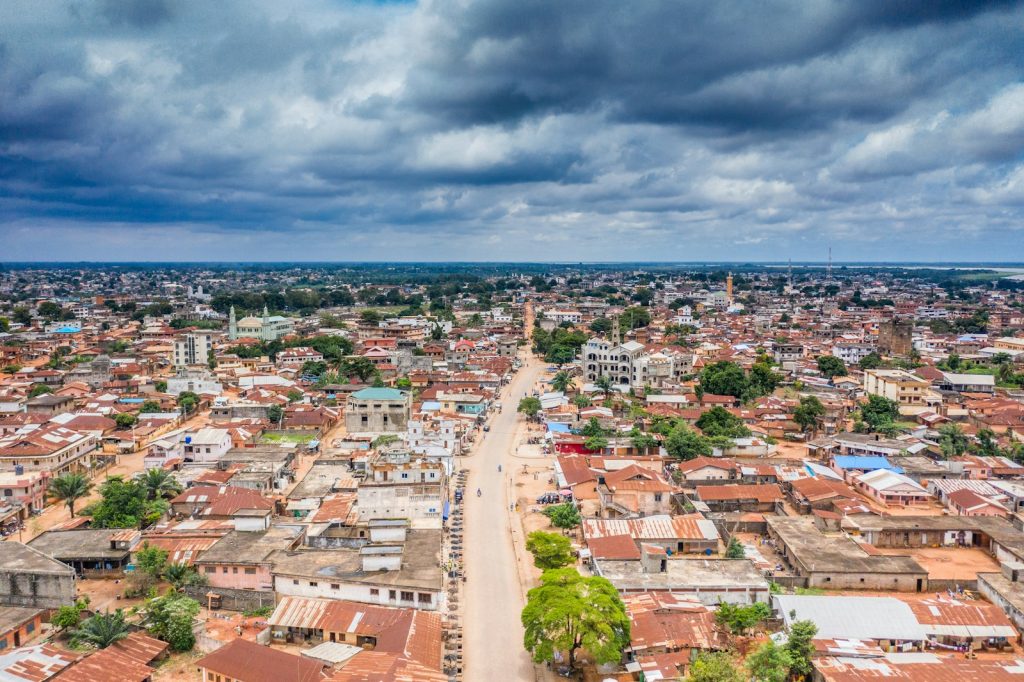
5. Benin’s Pristine National Parks and Wildlife Reserves:
Nature enthusiasts will be enthralled by Benin’s protected areas, such as Pendjari National Park and W National Park. Embark on exhilarating safaris, spot majestic elephants, lions, and hippos, and appreciate the country’s commitment to wildlife conservation.
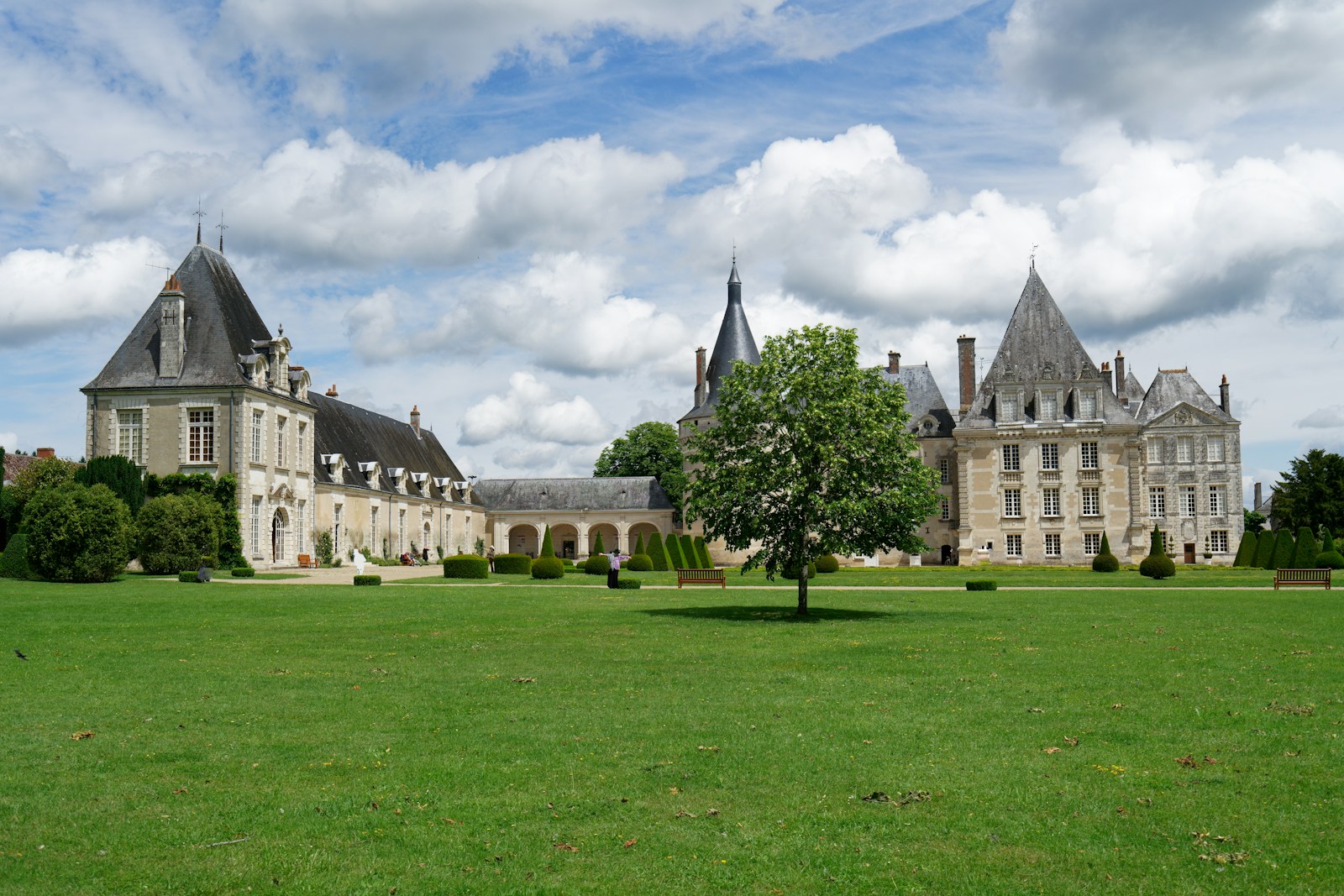
6. The Living Museum of African Art: Abomey:
Discover Abomey, the historical capital of the Kingdom of Dahomey, doubles as a living museum of African art. Explore the magnificent palaces adorned with bas-reliefs, housing artifacts that narrate the stories of Dahomey’s kings and their legacies.
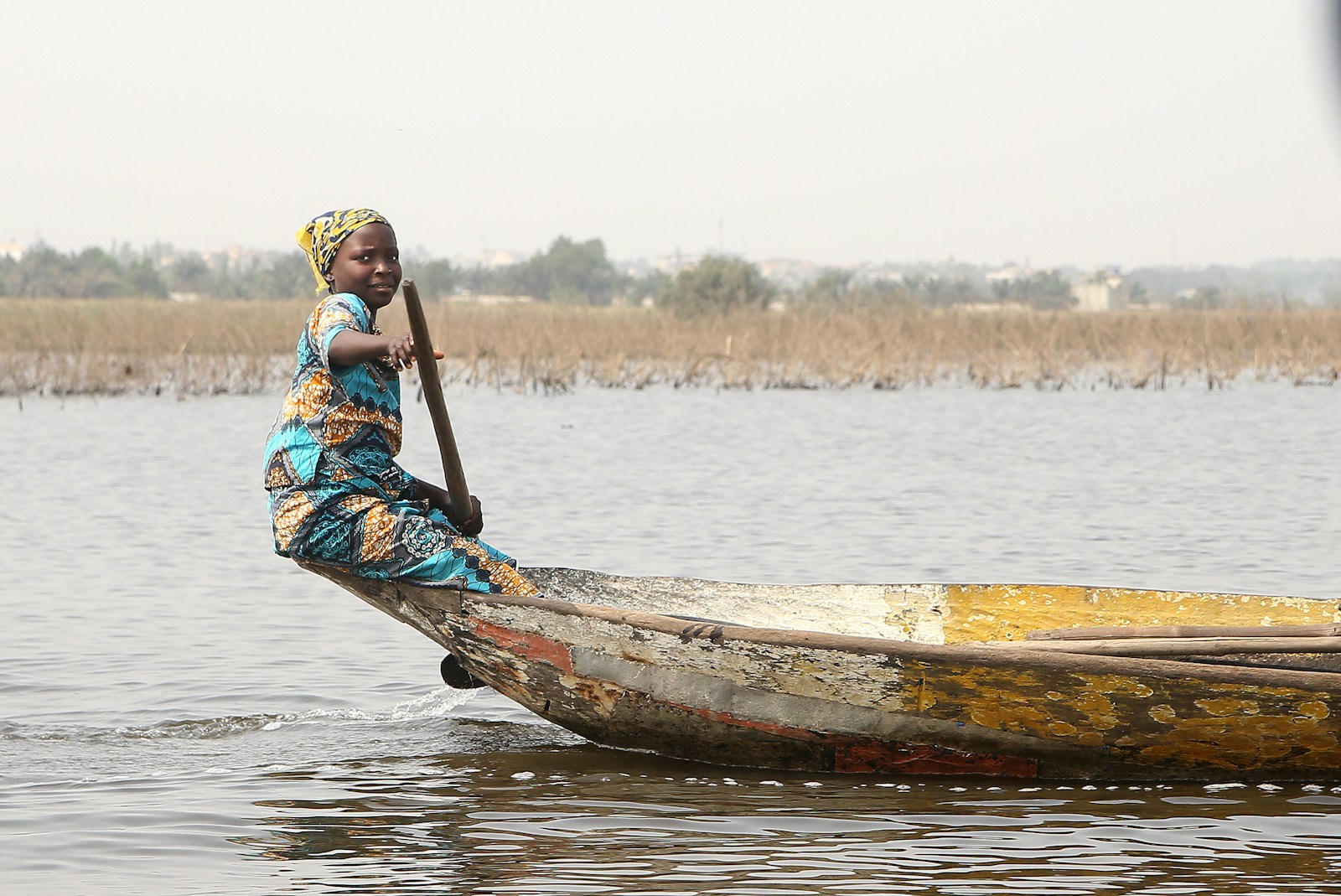
7. Voodoo and Spirituality: Unraveling the Mystique:
Benin is renowned as the birthplace of Voodoo, a religion deeply ingrained in the country’s cultural and spiritual practices. Engage with local communities, witness Voodoo ceremonies, and gain a deeper understanding of this mystical and often misunderstood belief system.
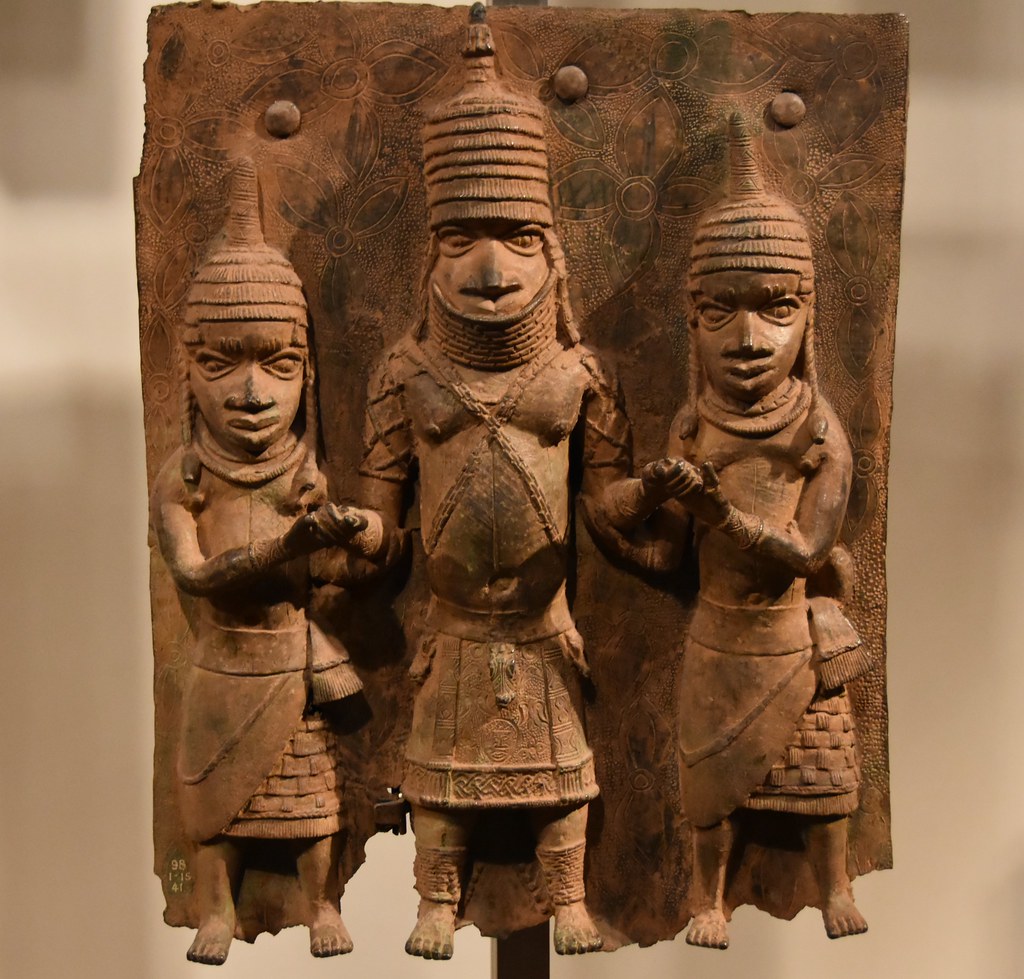
8. Benin’s Unique Cuisine: A Gastronomic Delight:
Indulge your taste buds with Benin’s culinary delights, characterized by rich flavors and diverse ingredients. Sample local dishes like tchigan, a spicy vegetable stew, or Akpan, a fermented corn-based beverage, to savor the country’s unique gastronomy.
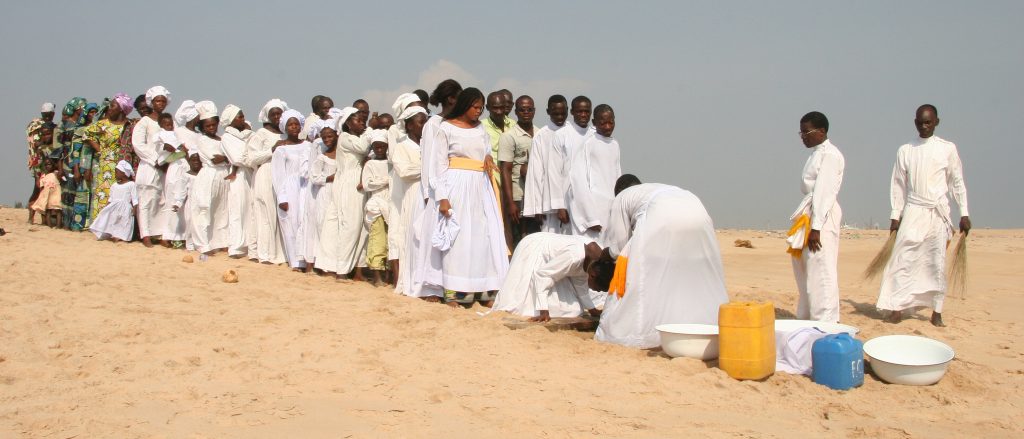
9. Warm Hospitality and Friendly Locals:
One of Benin’s most fascinating aspects is the warmth and friendliness of its people. Experience the renowned hospitality as you engage with locals, listen to captivating stories, and partake in cultural exchanges that will leave a lasting impression.
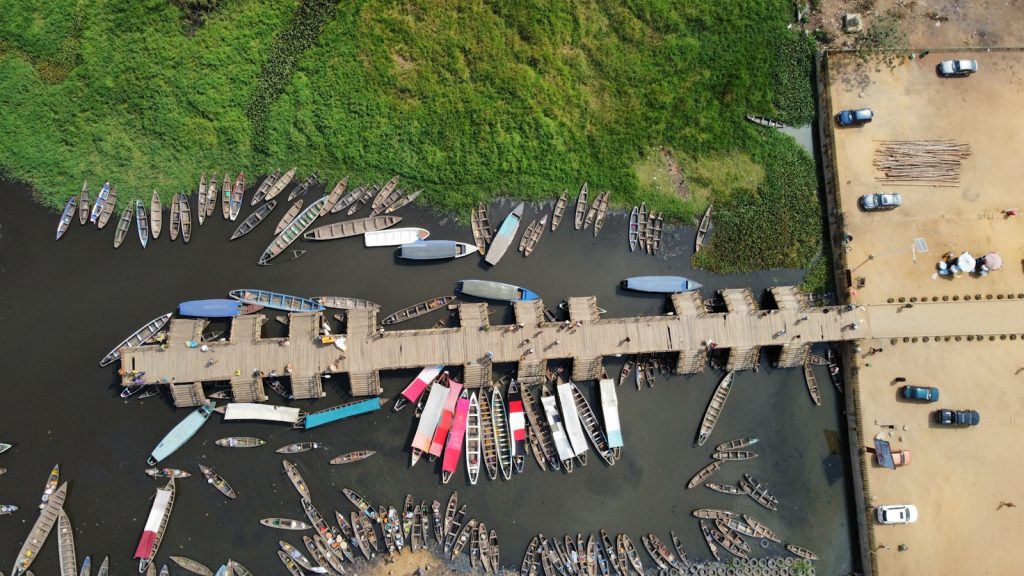
10. Preserving the Past, Embracing the Future: Sustainable Tourism Initiatives:
Benin has made significant strides in promoting sustainable tourism practices. From community-led initiatives to eco-friendly accommodations, the country is committed to preserving its cultural heritage and natural wonders while embracing responsible tourism to benefit future generations.
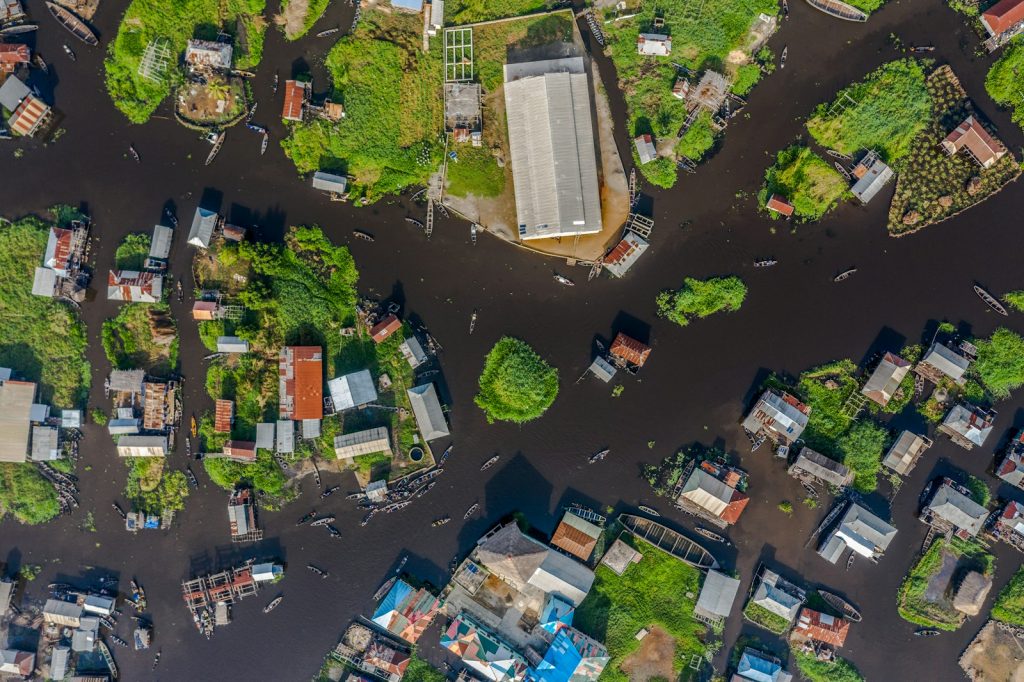
Conclusion:
With its captivating history, cultural diversity, and breathtaking landscapes, Benin offers an enriching travel experience beyond the ordinary. From exploring ancient kingdoms to immersing oneself in vibrant traditions and enjoying the warmth of the local community, Benin unveils the hidden treasures of West Africa. As travelers embrace this country’s enigmatic beauty, they become part of a tapestry that celebrates the past, present, and future of Benin’s cultural heritage.
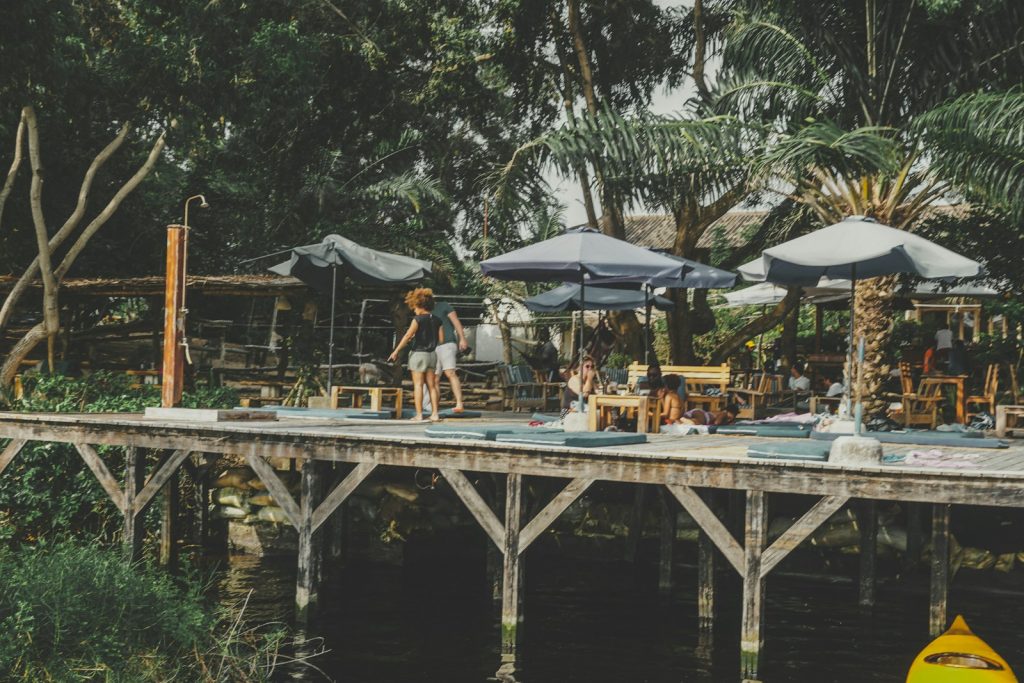
FAQ
Q: Where is Benin located?
A: Benin is located in West Africa, bordered by Nigeria to the east, Niger to the north, Burkina Faso and Togo to the northwest, and the Atlantic Ocean to the south.
Q: What is the capital city of Benin?
A: The capital city of Benin is Porto-Novo. However, the largest city and economic hub of the country is Cotonou.
Q: What is the official language of Benin?
A: The official language of Benin is French. However, various indigenous languages are spoken throughout the country, including Fon, Yoruba, and Bariba.
Q: What is the currency of Benin?
A: The currency of Benin is the West African CFA franc (XOF). It is the common currency several countries use in the West African Economic and Monetary Union (WAEMU).
Q: Is Benin a safe country to visit?
A: Benin is generally considered a safe country for travelers. However, taking standard precautions and remaining aware of your surroundings is always recommended, especially in crowded areas and tourist destinations.
Q: What are some famous tourist attractions in Benin?
A: Benin offers a range of attractions for visitors. Some famous tourist destinations include the Royal Palaces of Abomey (a UNESCO World Heritage site), the Pendjari National Park (known for its wildlife and safaris), the Ouidah Museum of History, and the Ganvie stilt village (often referred to as the “Venice of Africa”).
Q: What is Voodoo, and is it practiced in Benin?
A: Voodoo is a religion with roots in West Africa, particularly in Benin. It is widely practiced and deeply ingrained in Benin’s cultural and spiritual traditions. Voodoo ceremonies, rituals, and beliefs are significant in the country’s cultural fabric.
Q: What is the climate like in Benin?
A: Benin has a tropical climate characterized by a wet and dry season. The wet season typically runs from April to October, with the highest rainfall between June and September. From November to March, the dry season brings drier and hotter weather.
Q: Do I need a visa to visit Benin?
A: The visa requirements for visiting Benin vary depending on your nationality. It is advisable to check with the nearest Beninese embassy or consulate or consult the official government websites to determine the specific visa requirements for your country.
Q: What is the local cuisine like in Benin?
A: Beninese cuisine is diverse and flavorful, featuring dishes such as tchigan (spicy vegetable stew), akassa (fermented corn dough), grilled fish, and meat-based stews. Fresh fruits, including pineapple and mango, are abundant and make delightful treats.


